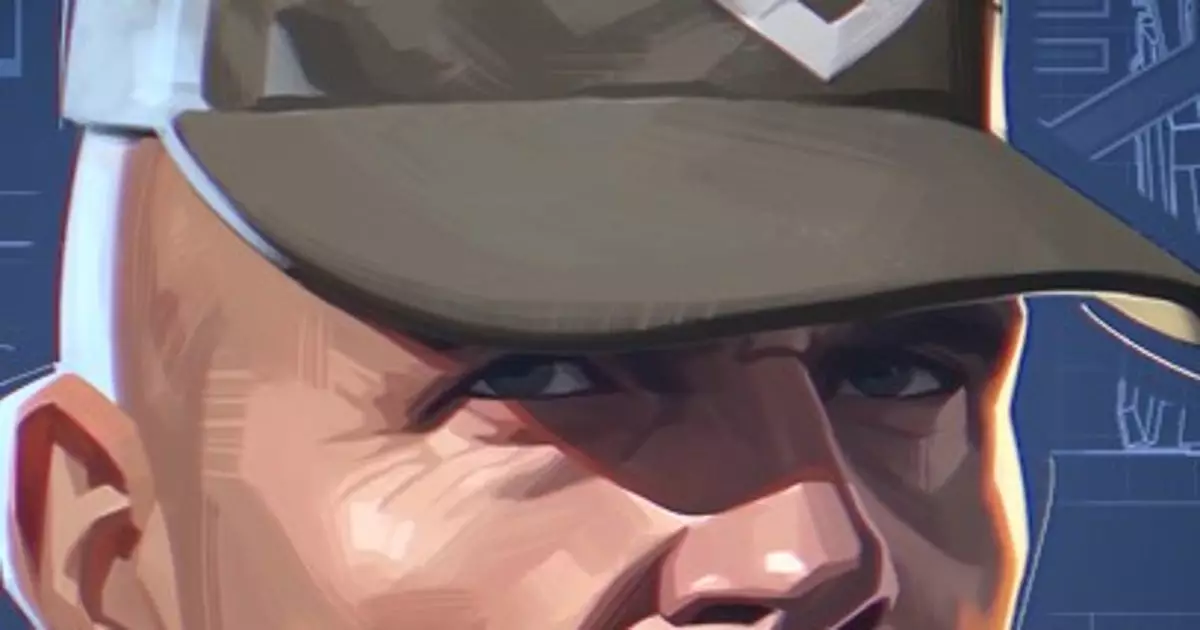The landscape of gaming has shifted dramatically over the years, especially when it comes to the concept of game seasons. For those of us who grew up in eras defined by singular game releases and immersive narratives, the notion of seasonal content can evoke a mix of nostalgia and bewilderment. The simplicity of yesteryear, characterized by replaying games for cherished moments or secret endings, contrasts sharply with today’s fast-paced release cycle where new content seems to emerge at the speed of light.
In the age of classic consoles, a game didn’t just entertain; it became a cherished, finite experience. Returning to titles like “The Suffering 2,” with its intricate narratives and emotional weight, was as much about reliving a story as it was about mastering gameplay mechanics. Today’s gamers, however, are more accustomed to the idea of persistent online worlds where content is continuously added, altering the fabric of what it means to “complete” a game. For the younger generation, the concept of a “memory card” is often lost—replaced by cloud saves and auto-updates that ensure game worlds are always evolving, unlike the static experiences of earlier gaming generations.
The Rise of Live Services and Seasonal Content
Annual or seasonal updates are now hallmark features of many games, particularly within the realm of online shooters and strategic titles. These “live-service” models aim to keep players engaged over extended periods while introducing fresh content. The recent launch of “Mechabellum” Season 2, for instance, offers new units and tactical opportunities that keep the gameplay dynamic. The Raiden, a massive flying unit capable of unleashing devastating bolts of lightning, not only enriches the strategic depth of the game but also represents the modern trend toward continual novelty.
While many players eagerly await these updates, older gamers may find themselves paradoxically excited yet hesitant, torn between the desire for innovative gameplay and the fond memories of completing a game as intended rather than perpetually adapting to new additions. The appeal of unlocking new cosmetics and units can stir nostalgia for simpler unlockables from the past, even as it also highlights the complexities of modern gaming.
The design philosophy for many games has transformed to prioritize online responsiveness. “Mechabellum” exemplifies this through its tactical depth and the development of responsive gameplay mechanics. The introduction of specialists like the Intensive Training Expert reflects how player choices can drastically alter gameplay flow.
Moreover, the importance of situational awareness—reading an opponent’s strategy and reacting accordingly—becomes paramount in a world where each season reshapes the tactical landscape. Here, seasoned players can find joy in the chaos, mastering new strategies as fresh units impact gameplay. Each decision made in real-time becomes an integral part of the user experience, demanding attention and foresight.
As we navigate modern gaming’s seasonality, the contrast between past and present can prompt deep reflections on what we value in gaming experiences. Older titles captured hearts through their layered narratives and emotional connections, while contemporary games offer a rush of excitement trained on competition and adaptation.
The very essence of games has expanded; they have become living entities rather than fixed stories. While this evolution introduces an exhilarating scope of possibilities, it may also challenge our connections to the foundational experiences we once cherished.
Ultimately, whether one revels in the chaos of Mechabellum’s tactical skirmishes or longs for the singular journey of vintage games, the evolution of gaming seasons continues to serve as a testament to our community’s embrace of change. As we celebrate this ongoing transformation, we also honor the past—drawing on the nostalgia of earlier gaming eras while adapting to the vibrant challenges of the virtual future. The fusion of innovation and reminiscence paints a complex yet exhilarating picture of what lies ahead in the gaming universe.


Leave a Reply